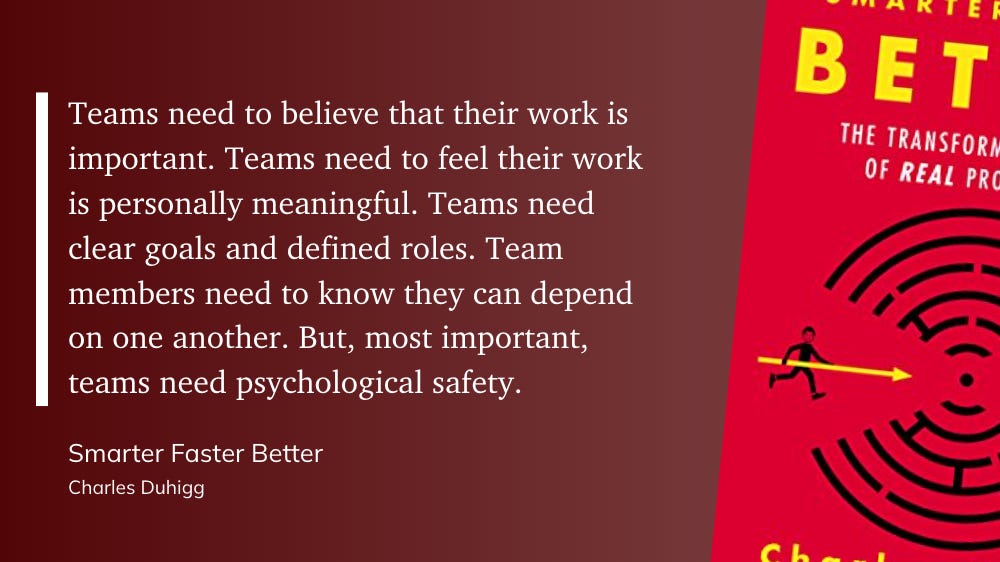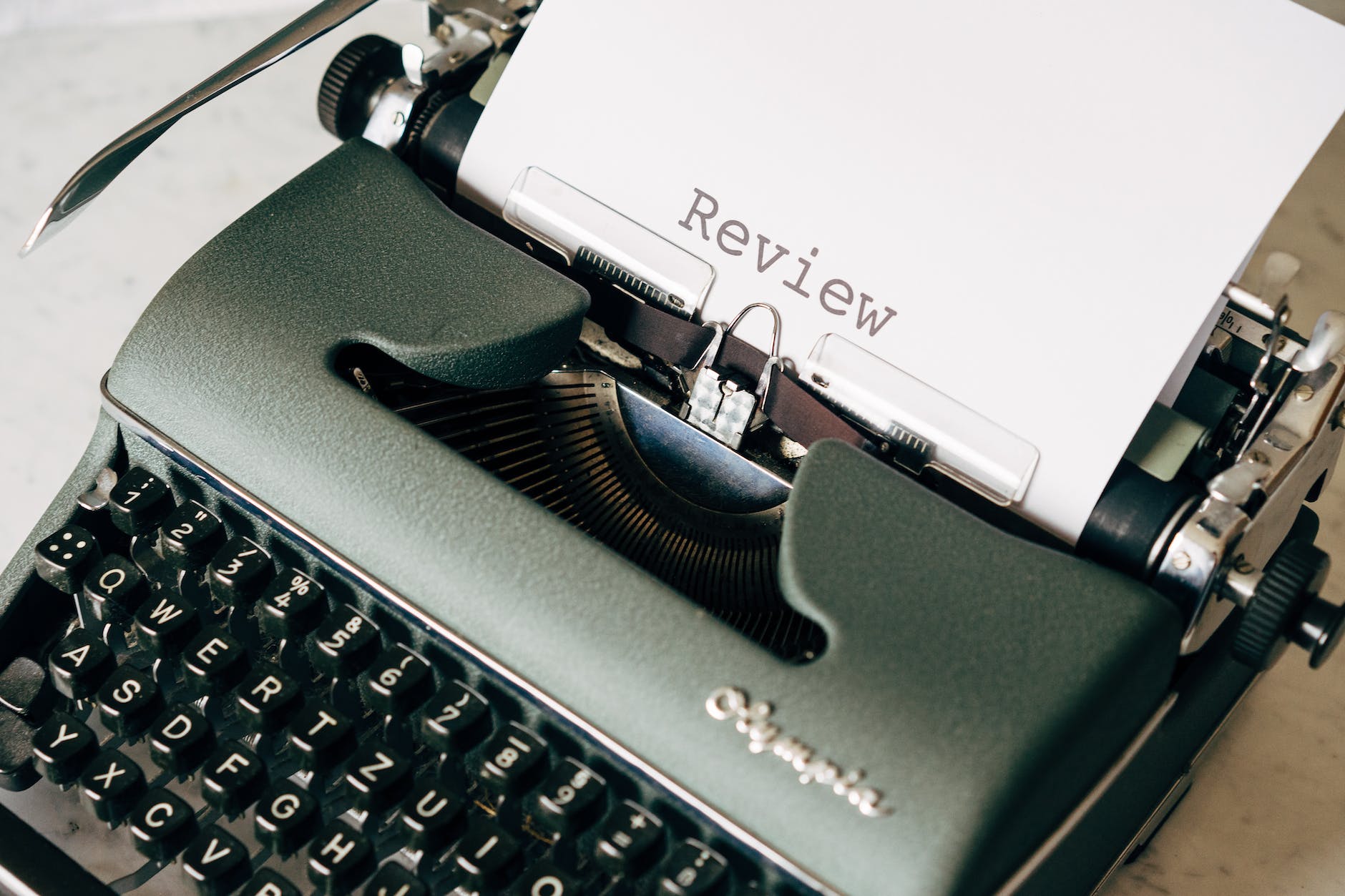I talk a lot about reading here on this site because I believe we learn more if we read more. And if we read books that challenge us, that learning increases exponentially.
I can speak to my growth as a writer and educator as I’ve worked to increase the number (and type) of books I read each year.
Of course, everyone is different, and your reading goals likely don’t align with mine, nor should they. Your reading habit should support your goals personally and professionally.
Reading more books can be daunting, especially when you have a long list of books you want to get through. It is important to read for personal and professional development, but finding the time and motivation can be difficult.
We’re all busy and have many things competing for our time. Family, friends, work, and life ask more of us daily.
Thankfully, there are ways to make reading more manageable, so you can reach your goals without feeling overwhelmed.
Setting Goals
The first step in making reading more manageable is setting goals. It is important not to share your goals publicly as this will increase the pressure to reach them. Instead, create realistic and achievable goals that you know you will be able to meet without too much stress.
Break large goals into small ones so that they are easier to manage. For example, if your goal is to read 10 books by the end of the year, break it down by setting smaller monthly or weekly targets instead.
Putting Reading Time on Your Calendar
I’m a big believer in scheduling time in your day for the tasks you deem most important.
It is easy for reading time to get lost among other commitments throughout the day. To make sure you prioritize reading, set aside specific times each day or week when you dedicate yourself completely to reading. This could be during your lunch break at work or before bed each night—whatever fits best with your schedule.
You could even set reminders on your phone for when it’s time for “reading hour” each day so that it doesn’t slip away from you too quickly.
Joining or Starting a Book Club
Joining a book club or starting one of your own has many advantages when it comes to managing your reading goals and habits. Being part of a book club allows you to connect with others who share similar interests while also providing accountability and support in achieving your own personal goals.
There are plenty of online book clubs available if there isn’t one local enough for you to join in person, but starting one yourself would allow complete freedom when it comes to choosing topics and themes that interest all involved.
Always Carrying a Book On You
Carrying a book around with you wherever you go (Kindles and other digital readers make this easy) makes it easier for moments throughout the day when there may be some downtime or waiting around—whether that be in line at the store or waiting for an appointment—to become moments devoted solely towards catching up on some pages rather than scrolling through social media timelines or checking emails out of boredom.
As long as there’s something good enough in hand, these moments can become part of a routine, which helps keep track of progress over time and stay motivated about reaching those larger goals.
Not Feeling Bad About Quitting Books That Aren’t Enjoyable
Not every book we choose will immediately grab our attention which means sometimes we may need some convincing before we keep going with something new; however, don’t feel like quitting after only giving something new a few pages just because someone else said it was amazing —reading should always remain enjoyable no matter what everyone else says! Give yourself permission not just stick with what everyone else recommends but also take chances on those books that really spark an interest within oneself first and foremost.
Conclusion
Making reading more manageable means taking control of how much time is dedicated to getting through books effectively without feeling overwhelmed by unrealistic expectations placed upon oneself or others alike.
Creating routines such as setting achievable goals, putting reading time on calendars, joining/starting book clubs, carrying books around everywhere possible, and allowing yourself permission not to finish any books if they’re not enjoyable are all great places to start when trying to make sure all those different genres & topics get their fair share attention moving forward.
Ultimately, if you want to read more, the only way to do that is to just read more. But that’s not always so easy. These tips will, hopefully, give you some support in increasing your reading in the coming year.
The Reading List
If you’re looking for book recommendations, I release a reading list email monthly. In each newsletter, I recommend 5-10 books that I think are great, along with a one-sentence recap. I also include connections to other books I’ve read and why I think you might enjoy reading them as well.
If you’d like access to that reading list, fill out the form below, and you’ll receive the next monthly email.









